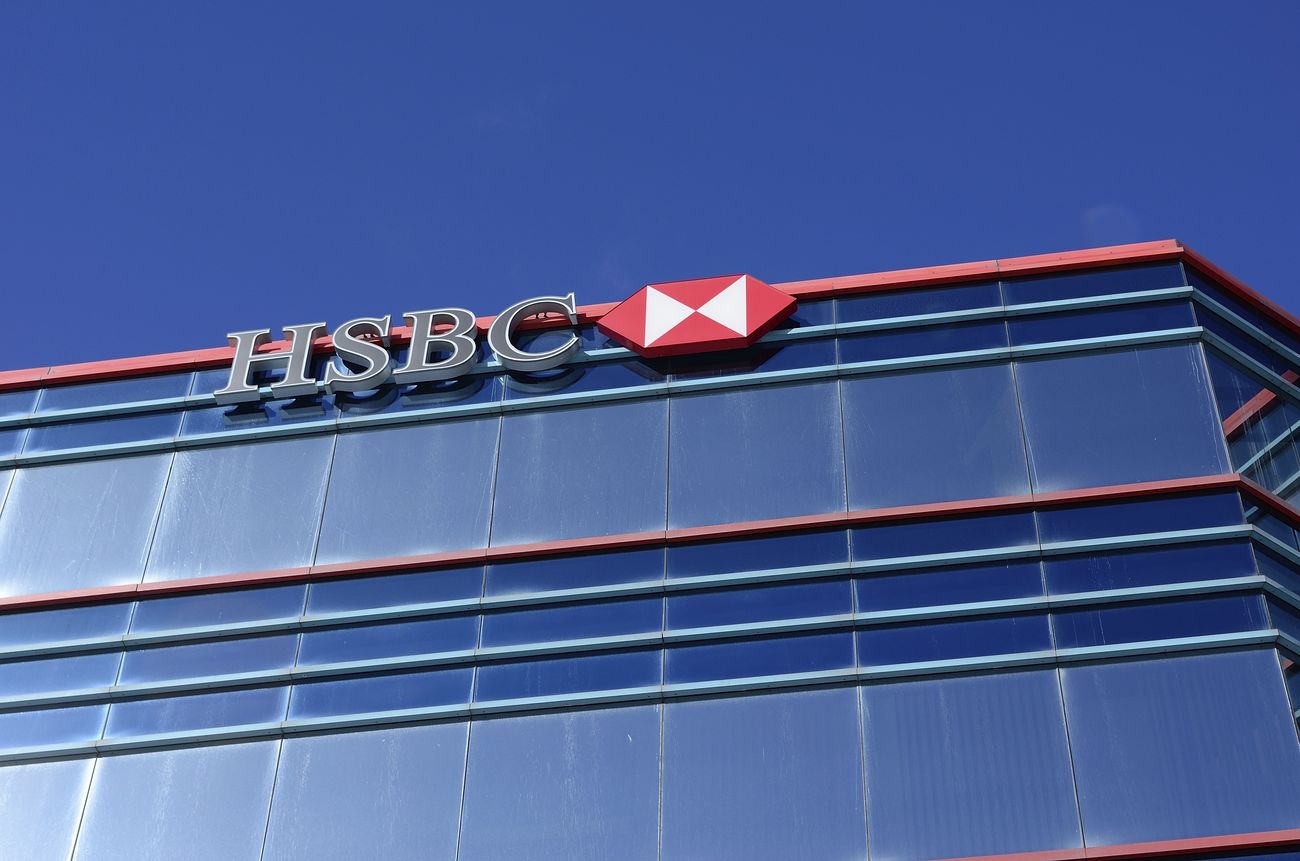HSBC has experienced a significant boost in profits, with its pre-tax earnings more than doubling to $21.7bn (£17.0bn) during the first six months of the year.
The bank attributed its earnings increase to the impact of rising global interest rates.
HSBC’s H1 profit before tax climbed by $12.9bn (£10.1bn) compared to the first six months of last year, and included a $2.1bn (£1.6bn) reversal of an impairment relating to the planned sale of its retail banking operations in France, as well as a provisional gain of $1.5bn (£1.2bn) on its acquisition of Silicon Valley Bank UK.
The bank also reported that its revenue increased by $12.3bn (£9.6bn) to $36.9bn (£28.8bn), an increase driven by higher net interest income in all its global businesses due to interest rate rises. This also included the impacts related to the planned sale in France and the acquisition in the UK.
Furthermore, HSBC’s customer lending balances have increased by $36bn (£28.1bn) since the end of 2022, again mainly due to the reclassification of balances associated with the retail banking operations in France from held for sale during the period, and $7bn (£5.5bn) of additional balances following the Silicon Valley Bank acquisition in the UK during Q1.
These were partly offset by the reclassification of the bank’s business in Oman as held for sale, which resulted in a $3bn (£2.3bn) reduction. Excluding these factors, customer lending fell, reflecting weaker customer demand for wholesale lending, notably in Hong Kong and Europe.
HSBC group chief executive, Noel Quinn, said: “We have delivered a strong first half performance and are confident of achieving our revised mid-teens return on tangible equity target in 2023 and 2024.
“There was good broad-based profit generation around the world, higher revenue in our global businesses driven by strong net interest income, and continued tight cost control. I am also pleased that we can reward our shareholders with a second interim dividend of $0.10 (£0.08) per share and a second share buyback in 2023 of up to $2bn (£1.6bn), with substantial further distribution capacity still expected ahead.
“There is still much work to do, especially given the many challenges in the global economy, but I am confident about the future as we move further into the next phase of our strategy and focus on opportunities to drive value creation, diversify our revenue and retain tight cost control.”
However, HSBC has faced some criticism over not appearing to pass on its profit surge to benefit its banking customers, which CEO of My Community Finance, Tobias Gruber, described as “concerning”.
“The substantial increase in profits, fuelled by rising interest rates globally, should prompt banks like HSBC to prioritise their customers by offering fairer savings rates and mortgage terms,” Gruber added.
“It’s imperative that financial institutions act responsibly and ensure that their customers receive their fair share of the prosperity. We firmly support the FCA’s warning to take robust action against banks offering unjustifiably low savings rates. Customers deserve better treatment, especially when banks like HSBC report record profits.”
HSBC published its results on the same day that it announced an agreement with US-based B2B fintech firm, Tradeshift, to launch a new, jointly owned business focused on the development of embedded finance solutions and financial services apps. As part of the agreement, HSBC will make a $35m (£27.3m) investment into Tradeshift in two stages and will join its board.
The new joint venture is part of a funding round which is expected to raise a minimum of $70m (£54.6m) from HSBC and other investors, and will allow HSBC and Tradeshift to deploy a range of digital solutions across Tradeshift and other platforms. This will include payment and fintech services embedded into trade, e-commerce and marketplace experiences, and will help enable Tradeshift to scale its business commerce proposition globally.
Commenting on this agreement, CEO of global commercial banking at HSBC, Barry O’Byrne, said: “We are very excited to partner with Tradeshift to help businesses and their suppliers trade more smoothly using world-class technology and solutions that the joint venture will deliver.
“This agreement supports our strategy of being a digital first bank, which includes our commitment to partnering with fintechs and embedding our solutions into the platforms of others.”
© 2019 Perspective Publishing Privacy & Cookies










Recent Stories